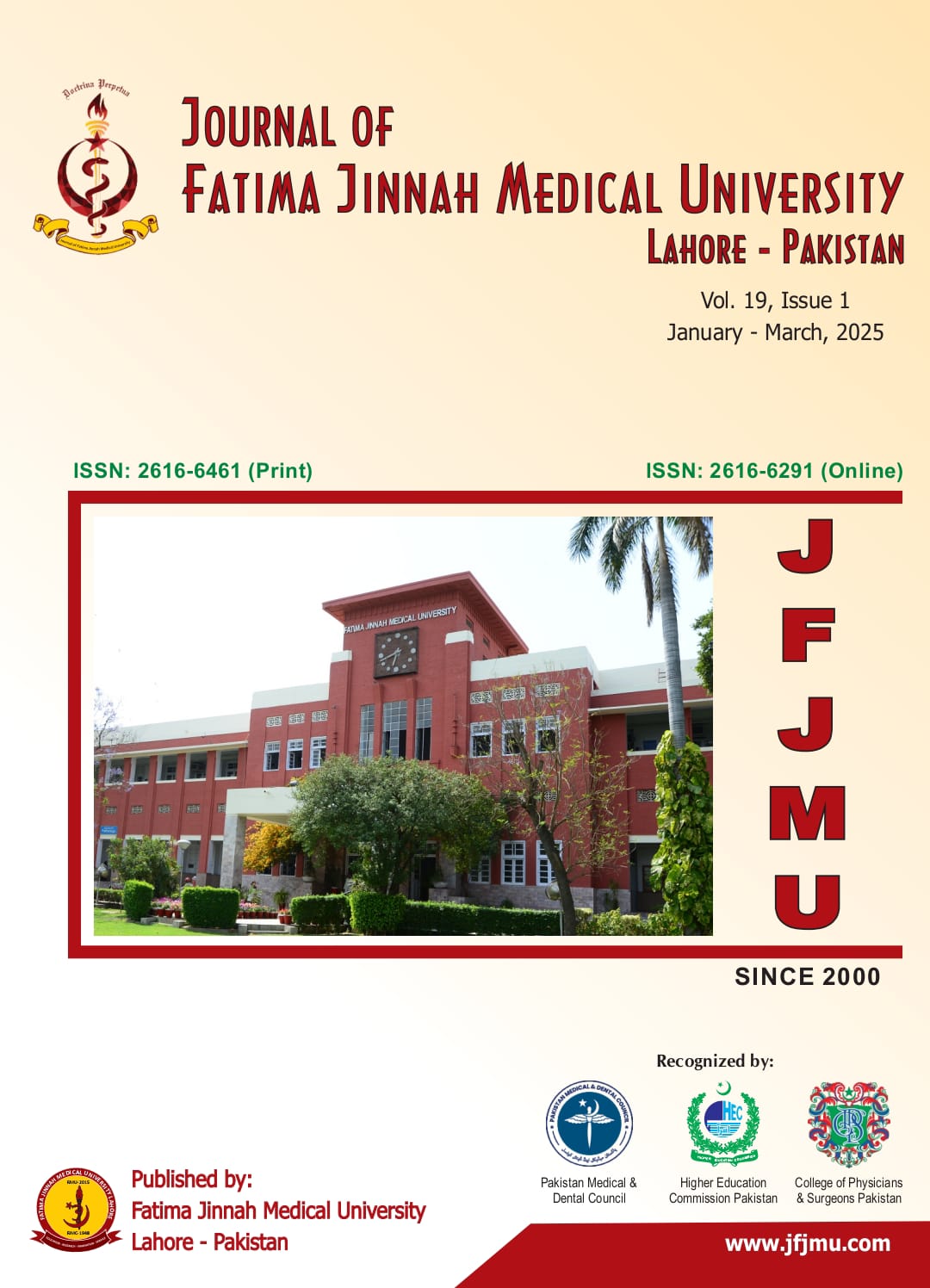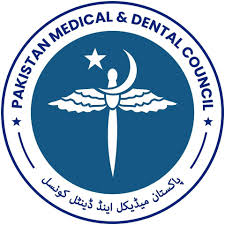Frequency of Anxiety and Depression in Patients with Acne Vulgaris
DOI:
https://doi.org/10.37018/MNJH5421Keywords:
Acne Vulgaris, Anxiety, Depression, Mental Health, Psychosocial Factors, , Quality of Life, Psychological StressAbstract
Background: The mental health and overall well-being of individuals can be profoundly affected by acne. The objective of this study was to determine the prevalence of anxiety and depression among individuals suffering from acne vulgaris.
Methods: A cross-sectional survey was conducted at Unit 1 of the Department of Dermatology, Mayo Hospital Lahore, spanning from March 9th, 2022, to February 3rd, 2023. The study included 115 patients, all diagnosed with acne vulgaris. Patients were selected using non-probability consecutive sampling. . Anxiety and depression levels in patients with acne vulgaris were assessed using the 14-item Hospital Anxiety and Depression Scale (HADS) with scores ranging from 0 to 21 to indicate normal, borderline, or anxiety/depression levels.
Results: The age range of the patients varied from 14 to 35 years, with an average age of 22.4 ± 5.5 years. Among patients diagnosed with acne vulgaris, depression was noted in 52 (45.2%) individuals, while anxiety was present in 66 (57.4%) patients. Upon comparison, there were no statistically significant differences in the occurrence of depression and anxiety among various subgroups of patients classified by age, gender, educational background, employment status, and marital status.
Conclusion: Our study found that a significant proportion of patients with acne vulgaris experienced anxiety and depression. These mental health challenges were observed across all demographic factors, including age, gender, education level, employment status, and marital status.

Downloads
Published
How to Cite
Issue
Section
License
The Journal of Fatima Jinnah Medical University follows the Attribution Creative Commons-Non commercial (CC BY-NC) license which allows the users to copy and redistribute the material in any medium or format, remix, transform and build upon the material. The users must give credit to the source and indicate, provide a link to the license, and indicate if changes were made. However, the CC By-NC license restricts the use of material for commercial purposes. For further details about the license please check the Creative Commons website. The editorial board of JFJMU strives hard for the authenticity and accuracy of the material published in the journal. However, findings and statements are views of the authors and do not necessarily represent views of the Editorial Board.

















